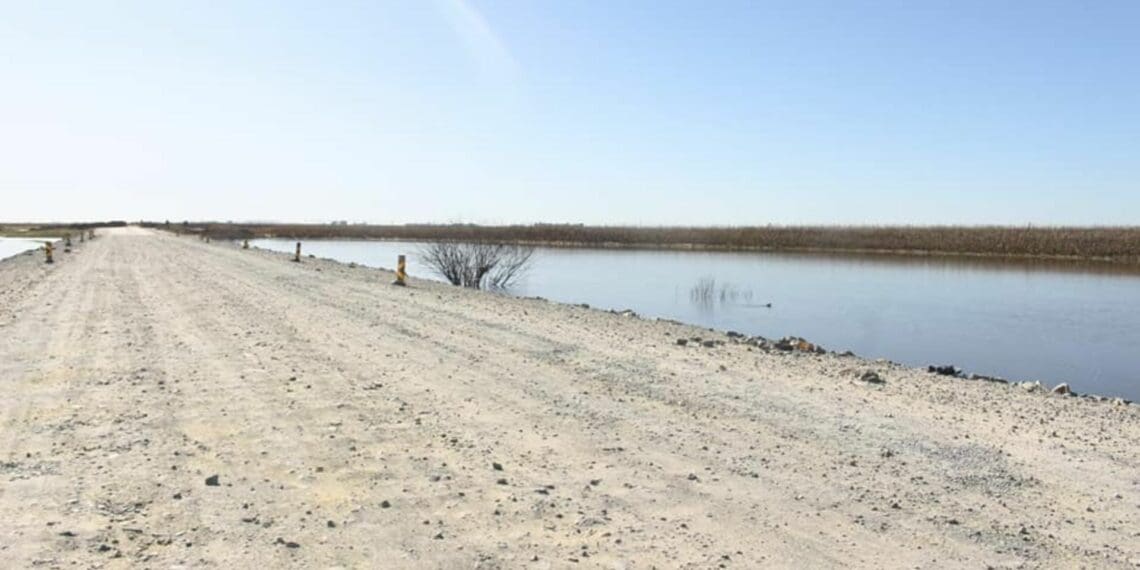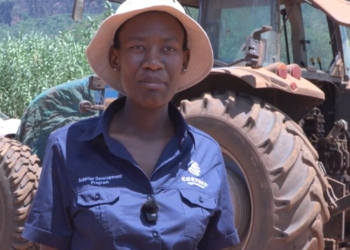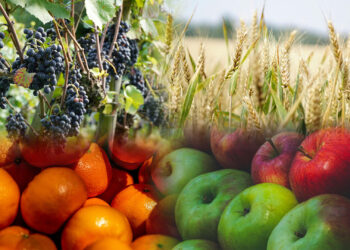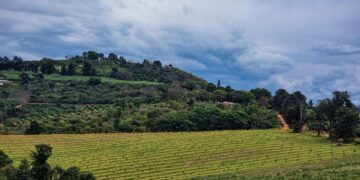Road infrastructure is one of the key aspects that frustrates farmers in South Africa. Over the years, farmers in some areas have had to redirect their resources to fix dilapidated roads.
While October is set aside as Transport Month, organised agriculture said there is nothing to celebrate as government fails to allocate budgets for fixing of the roads.
Francois Wilken, president of Free State Agriculture (FSA), said one-third into the government’s financial year and funds for projects are depleted. He noted that there are only sufficient funds remaining for the top-heavy staffing component of the provincial department of public works and roads.
“Confirmation of the state of finances in the department managing provincial roads repairs follows the reporting of stalling of the Clocolan-Marquard road project again, and the good work that had been done by the Central University of Technology pothole repair programme by the Wesselsbron and Senekal Farmers Associations,” he explain.
Wilken, however, reiterated at a Lesotho Border Road meeting recently that farmers are under tremendous financial pressure and cannot continue footing the bill for repairs to state infrastructure.
Costly impact of bad roads
“Even if the agricultural sector value chain players collaborate with government to help fund road repairs, this still eventually gets passed onto the farmer through higher input prices.
“The Free State has been identified as a pilot project for an Infrastructure SA project funded by national treasury and coordinated by Agbiz and AgriSA. A survey to identify main transport routes of economic importance in urgent need of repairs will soon be circulated.”
Wilken said FSA was happy with the work done to improve the roads transferred to Sanral and will continue their engagement. “With the rainfall season upon us, when badly maintained roads take a huge knock, FSA will continue to help coordinate the allocation of resources remaining in the department, such as drain pipes, gravel and tar, to get this to areas where farmers are willing and still able to apply/install it, themselves,” he said.
Related stories
- Stray, unmarked livestock a death trap on Mzansi’s roads
- Farmers fed up as bad roads slow down agriculture
- Bad roads: Fed-up farmers reach the end of their rope
- African farms hold the key to global food security
Limpopo poultry farmer Kamogelo Thobejane said the roads are usually not tarred, so when it rains it becomes difficult for them to get chickens to the people. So if it’s raining all week it means there won’t be sales because of rainfall.
“Whether it’s raining or not, I find ways to deliver my chickens. Even if the roads are inaccessible I make a plan. My clients need to eat so I have to find ways to supply the chicken,” Thobejane said.
A new trade gateway
Meanwhile, easing the number of trucks on the roads still remains a dream for others. The Port of Gauteng released a detailed White Paper at the commencement of Transport Month, which is seen as a pivotal milestone for this landmark inland logistics development.
According to Francois Nortjé, developer of Port of Gauteng, the development will be strategically positioned at the junction of the Container Rail Corridor and the N3, N12, and N17 highways. “Port of Gauteng is one of the country’s largest private sector initiatives,” he said.
Nortjé outlined the transformative vision: “We’re creating Africa’s most advanced inland trade gateway. This facility represents our commitment to solving South Africa’s freight crisis whilst generating massive economic returns. The 50 000 permanent jobs are just the beginning; we’re creating a platform for decades of sustainable growth.
“Port of Gauteng has developed this White Paper in response to South Africa’s growing freight transport dilemma, As road congestion worsens and rail volumes decline, this paper outlines a practical solution leveraging the Port of Gauteng’s R50 billion inland port to restore balance, reduce costs, and unlock long-term economic growth,” he said.
READ NEXT: FMD: SA’s meat future hinges on biosecurity overhaul

Sign-up for the latest agricultural news delivered straight to your inbox every day with Mzansi Today!
















